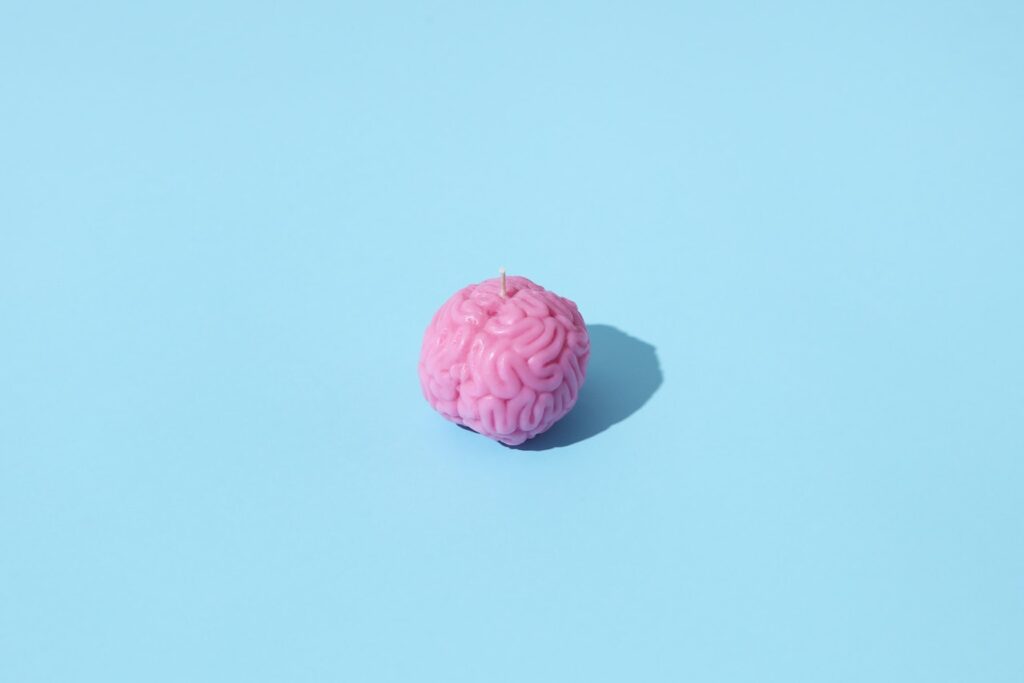Have you ever longed for doing something but did not even get started yet? Have you ever wanted to do small tasks like washing the dishes which required just 5 minutes but eventually it took several hours until your next meal? When we want to learn something new or want to practice some skill, our brain will transmit a signal that we need the motivation to do it.
Procrastination is the biggest obstacle for the vast majority of people to get improvement. However, what causes such a lack of motivation?
Brain Reward System
To stimulate motivation, we need to know about the reward system inside the human brain.
Our brain tends to do something easier and with rewards received, and it is the instinct of animals. For example, we are craving for food when we are hungry; we have intercourse as we need reproduction, these actions elicit pleasable feelings and therefore we want to do it in repetition. Likewise, we tend to scroll through our social media to get new information purposelessly; eat snacks just because of the temptation. In contrast, we always avoid doing things that are difficult and cause us pain.
In fact, we are being affected by a substance called Dopamine.
Dopamine
Here is a video produced by the YouTube channel Better Than Yesterday, it describes how dopamine affects our daily lives and explains how to tackle them easily.
by Better Than Yesterday
The 2-Minute Rule
There are two ways to interpret the 2-minute Rule:
“If Not Now, When?”
Hillel ‘the Elder’ (c. 60 BC-10 AD)
“If Not Now, When?” We should keep telling this to our brain like a mantra. For those small tasks that take 2 minutes, get it done right away.
We can set up a progress check, for example, using Apple’s Reminder, to create a to-do list and input all the tasks we need to do by optional setting a date and time for each task. As it links with the calendar, we will receive notifications for reminding each task. Checking the reminders creates dopamine in our brain on doing something with satisfaction.
“When you start a new habit, it should take less than two minutes to do.”
“Atomic Habits” – James Clear
To beat procrastination, we can start to pick up our habits by spending only 2 minutes each time. For example, if we want to improve our writing skills, write a sentence instead of writing a passage each day; If we want to start a reading habit, read a page daily instead of a chapter; If we want to practice the musical instrument, sit in front of it and play it for only 2 minutes every single day. Creating this kind of ritual routine is the first step before we get used to each habit.
To get improvement, we need to find a way to stay persistent. Our aim in beating procrastination is at least to make progress in the first place, which is better than doing nothing at all.

